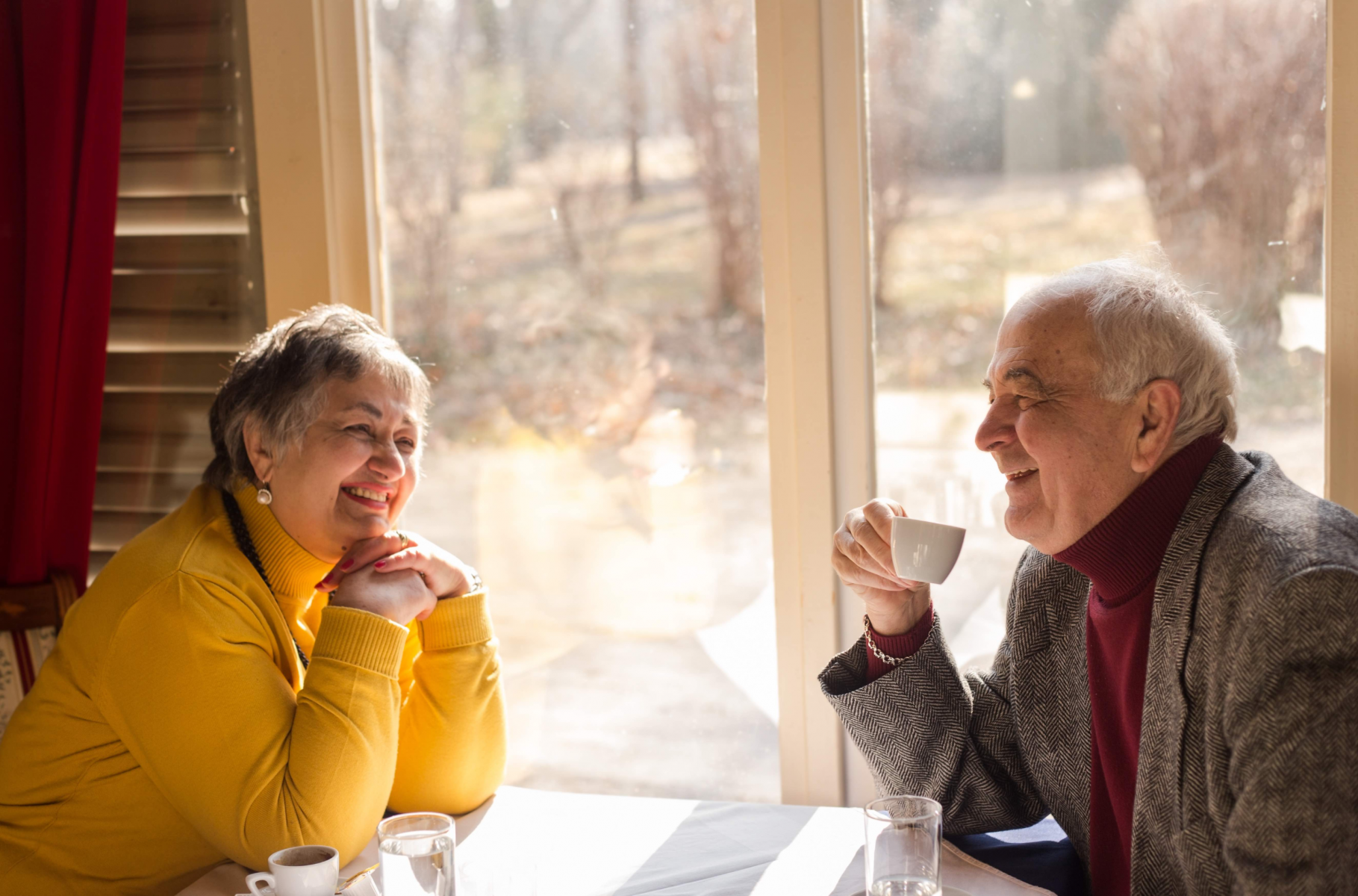Safe travelling tips for seniors abroad

Travelling isn’t just for young ones! Whether you’ve got plenty of post-retirement free time or are ticking things of your bucket list, the senior years are a brilliant time to explore the globe. While many safe travel tips apply to everyone, there are some scenarios where seniors might find they need more specific advice, particularly when it comes to planning ahead. From making sure you’ve got all the medication you need to finding a destination that won’t pose any issues for those with reduced mobility, here are our top tips for safe senior travel.
Get checked and stay healthy
Before you book your trip, have a comprehensive health check at the doctors, and discuss your proposed destination with them. They can check the status of any current conditions, give you the relevant vaccinations, and make sure you’re fit to travel. If you take any regular medications, check if they’re legal at your destination and if not, what the doctor can provide as an alternative. Then, once you've established what prescriptions and medications you can take, make sure to request enough to cover the entire trip - especially if you'll be gone for a while. You don't want to find yourself running out, especially if your medication isn't accessible at your destination.
Remember to keep a doctor’s note with you to validate the prescription, in case you should have any questions at customs. Always keep medicine in the original packaging too, otherwise, it could arouse suspicion. Finally, take some time to read up on where to go if you should get sick at your destination, and make a note of your health insurance provider’s hotline for emergencies.
If you do get sick or you have a medical issue, it can be scary being away from your doctor. Luckily, Europ Assistance offers teleconsultation services which put you in contact with a medical professional at the touch of a button, whether it's a video call, through chat messages, or through a regular phone call. So, even when you're far from home, you can still get the attention and peace of mind you need.
Research your location in advance
When you travel can make a huge difference to the experience, so try to avoid busy seasons when crowds can be overwhelming. During these times it can be particularly difficult to find a table at lunch or dinner places in popular locations, which can lead to problems if you’re in need of a rest. Realistically assess your mobility and the available transport options at your location - are you able to walk long distances, or will you need public transport or taxis? Do you struggle with hilly destinations and need somewhere more flat?
Check your phone coverage to make sure you’ll have a signal and can keep your loved ones regularly informed of your current and upcoming locations. Also, get in touch with your bank or credit card company so they don’t block the card when foreign charges are made. It’s also worth getting in touch with your potential hotel or rental host before you book, to make sure it’s safe and accessible, with features such as solid door locks, a safe, well-lit location, and not too many stairs or a lift if mobility is an issue.
Make the travel experience easier
Travelling can take a toll on your body, particularly if you’re flying long haul. Get up and move regularly around the plane when the seatbelt sign is off to help avoid clots forming, and wear compression socks to help limit the risk. When it comes to filling your suitcase, try to pack light so you don’t end up struggling with your suitcase up narrow flights of stairs - be realistic about what you really need! Look up the weather in advance and pack light layers for hot temperatures, as well as a reusable water bottle to stay well hydrated. Depending on the destination, it can sometimes be a good idea to avoid tap water and ice, so check the situation in advance. If you do find yourself with a bit of ‘travellers tummy’, pack a few rehydration sachets just in case.
Know what to do in an emergency
While we all hope for a smooth vacation experience, it’s important to be prepared in case of an emergency. Before you go, find out and make a note of the necessary emergency service numbers at your destination, as well as the address and contact details of your national consulate. Duplicate your key travel documents such as booking confirmation and passport scans and store them on the cloud in case of loss or theft. Remember to include any prescription documentation, in case of queries at customs. If you do have an emergency or lose something important such as a passport, your insurance can help you navigate the situation and arrange a replacement as soon as possible. Lastly, always give your travel itinerary, addresses and any hotel contact details to loved ones at home, so they know where you are if there are any issues.![]()


